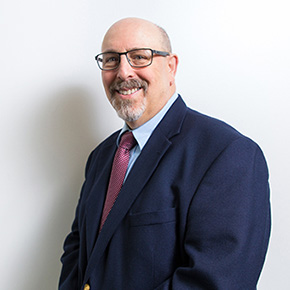Communicating effectively is a combination of art and science – well, maybe more art than science. Sometimes it’s important to communicate regularly at the various stages of an important issue. Other times, the best kind of communicating an association can do is to keep quiet.
That last point – counterintuitive, but absolutely correct – was one of the takeaways from a thought-provoking panel discussion I was recently privileged to be a part of. Our host was the Florida Society of Association Executives (FSAE), an organization made up of leaders from associations dealing with everything from tourism and recycling to housing and dentistry. Our topic: How associations can effectively get their message across to legislators and the public.
Sometimes association leaders are faced with a dilemma. Their members know part of the budget is dedicated to communications, so they’re concerned about not seeing the organization quoted in news stories or speaking out on issues important to them. What those members may not realize is that the silence can be part of a carefully planned communications strategy, one that’s developed by the association’s lobbying and communications teams to make sure no speaks up at the wrong time and gets the issue circling the drain.
To assist association leaders, FSAE invited Sachs Media Group and two other leading communications firms (On 3 Public Relations and Bascom Communications & Consulting) to describe some of the challenges and opportunities we have addressed in our work with various associations.
A few of our key suggestions can be applied broadly, beyond just associations:
- When a reporter calls, be ready and able to respond quickly. Nothing can kill your chance to get your side included in a story as easily as delay while a communicator crafts an effective three-sentence reply … the CEO reviews and (hopefully) approves it … and then the lawyers parse every word, add four paragraphs of legal boilerplate, and excise every quotable passage that has a chance of grabbing a reporter’s interest. While that may be a bit of an exaggeration, remember that your issue will be judged faster in the court of public opinion than in the court of law.
- Activate your members. Get them to write letters to legislators – individually, and to the lawmakers who actually represent them – and to the editor of their local newspaper. If possible, get them to come to Tallahassee for a visible show of support.
- When your cherished issue is poised to carry the day, keep those hordes of members AWAY from the Capitol. When the deal is struck and the bill is primed for passage, leave well enough alone – and that includes public messaging, which can wrongly be seen as boasting.
- Keep your members informed. If your issue prevails, let them know in a way that doesn’t make enemies of legislators who opposed you (you never know when you’ll need their support on something else). And if your issue fails, start rallying the troops for next year.
- Remember that the work doesn’t end if you succeed on your issue – in fact, that’s when a lot of the real work begins. You want to sing the praises of legislative leaders who championed your cause so they can feel the love back home. The Legislature is a complex – but never-ending – process, so it’s important to continually build a reservoir of goodwill for your priorities.
At Sachs Media Group, we’ve been honored to work with associations representing a wide range of interests, from nursing homes to insurance, from small business to health centers. Sometimes it can be challenging to find the right message for each of an association’s unique audiences – members, policymakers, and the general public. The suggestions from the panel discussion can show executives a path through the thicket, on their own or with the help of outside communication professionals.
